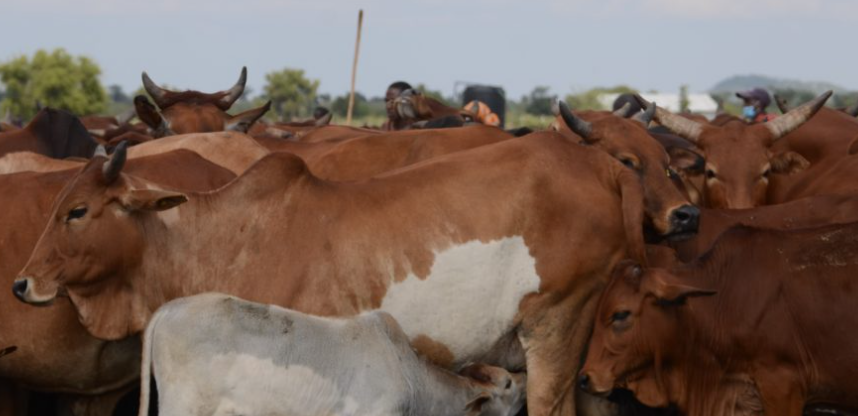Kajiado County pastoralists are set to enjoy a livestock insurance scheme program to cushion them from losses brought about by the prolonged drought.
The livestock Insurance scheme program unveiled through a partnership between the State Department of Livestock and the World Bank will enable pastoralists to pay subsidized premiums.
This follows the approval of $327.5 million by the World Bank Board of Directors to cushion pastoralists in Ethiopia, Djibouti, Somalia and Kenya from the adverse effects of drought in June 2022.
More than 200,000 households will enjoy the livestock insurance scheme program representing 1.6 million pastoralists and their dependants in Kenya.
Further, about 30,000 households are set to enjoy the program's benefits, as 20,000 will have their livestock insured for free courtesy of the partnership.
Did you read this?
However, 10,000 pastoralists will pay a highly subsidized premium in Kajiado County.
In Kajiado Central at Mzee Justus Lemaiyan's homestead in Il Bissil, heaps of livestock carcasses litter his compound.
On the other hand, Lemaiyan 69 laments losing his 152 herds of cattle in the drought.
He says he has been left with only their cows that might die any day because of lack of feed.
However, Lemaiyan is optimistic that the Livestock Insurance Scheme is timely as it will cushion him against losing his livestock.
According to Joseph Kilowua, a pastoralist from Maili Tisa, thousands of pastoralists who have lost their only source of income due to the devastating drought will have hope thanks to the programme.
Kajiado County Governor Joseph Lenku announced last week that pastoralists will benefit from the insurance scheme and have been grouped into clusters to ensure inclusivity.
The eight clusters are; Kaputiei, Iloldokilani, Matapato, Keek-Onyokie, Kuku, Merrrueshi, Olkeriai and Olgulului.
Kajiado governor revealed that the households to benefit from the Livestock Insurance Scheme program were being identified and carried out by chiefs, livestock officers and village administrators to ensure the free scheme is given on merit.









